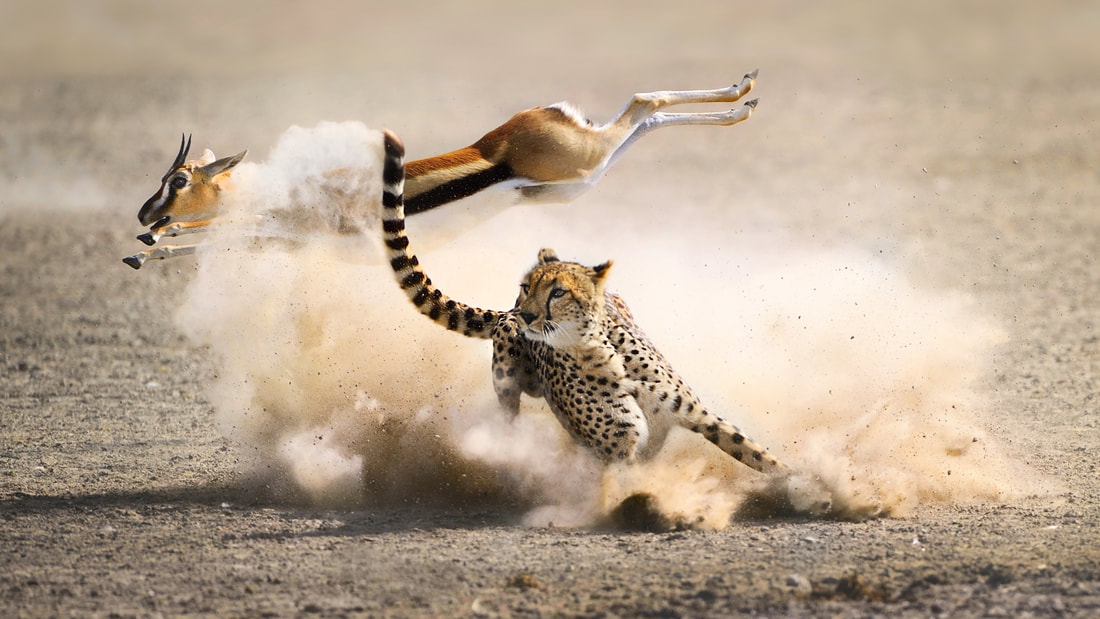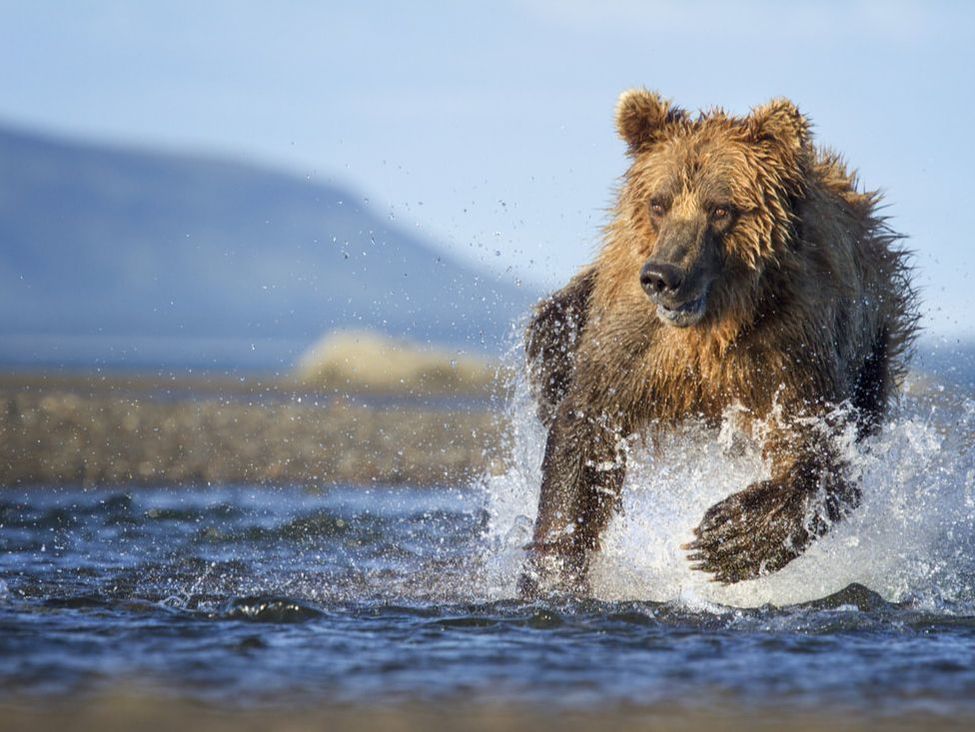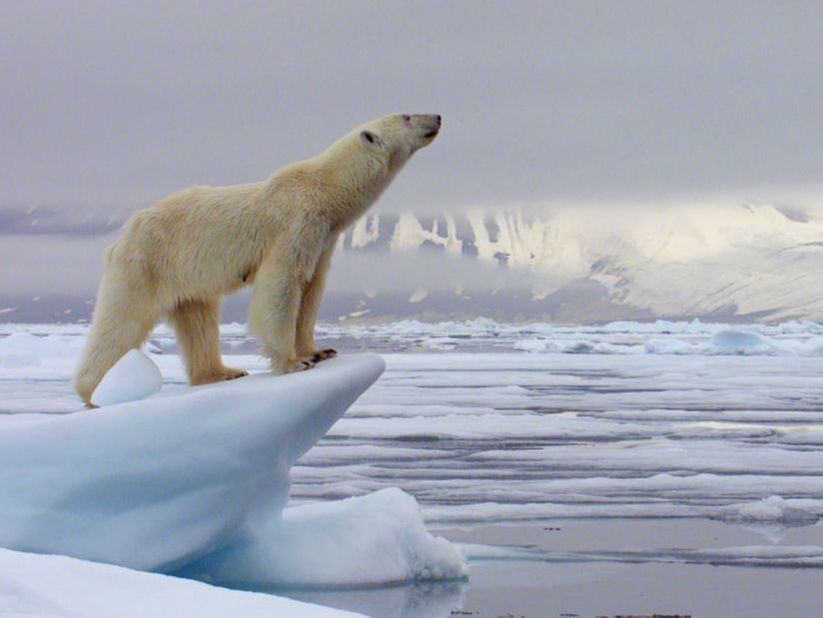|
We reached out to our festival filmmakers to ask them five questions about the experience of making their films.
What inspired this story?
Hal Hampson, Production Team Member: Predators have obviously featured in numerous natural history programmes and series over the years but, surprisingly, nobody has ever done a whole series looking specifically at the huge challenges predators face when trying to catch their prey. The aim of The Hunt was to show the reality of life as a predator – one where failure is the norm. We wanted to put these magnificent group of animals centre stage in a blue-chip series while, at the same time, showing their challenges in the context of the habitats in which they live. One thing we certainly didn’t want to do was to add to the myth of predators being the ‘bad guys’. Indeed, as the title suggests, The Hunt is exclusively about strategy – not killing! Describe some of the challenges faced while making this film. HH: Stylistically our main aim was to put the audience in the feet of our predator stars – to really feel what it is like to be, for example, a stalking tiger or leopard, or pursuit predators like African wild dogs. To do this required re-thinking traditional camera techniques. The solution was to repurpose the tried and tested gyro stabilised Cineflex system – taking it off helicopters (its traditional use) and putting it on a wide range of ground transport, from four-wheel drive trucks, to boats, ATVs and even, on one occasion, an elephant! By using the Cineflex in this way meant that we could follow a hunt for far longer than had ever been possible before. Perhaps the best example of this can be seen in the wild dog sequence, which, for the first time, shows a complete hunt from the ground.
How do you approach storytelling?
HH: One of our mottos is ‘every shot needs to be a Rembrandt’, but when it comes to storytelling a good wildlife programme obviously needs to do much more than that. An audience should be able to identify with the characters in the film and in doing that the best natural history shows cover a range of emotions, from surprise and suspense to humour. The current fashion is to err a little on the side of anthropomorphism and even for a blue-chip series like The Hunt this works really well – as long as all the information is scientifically credible. Natural history programmes can become slaves to camera techniques – like gratuitous slow motion – but, in telling our stories, it was very important that this wasn’t the case. Technology was crucial to the series but in The Hunt it allowed us to tell better and fresher stories, as described above. Finally, natural history sequences have a tendency to be too cryptic so that you don’t really know what’s going on until half way through them. Our storytelling aim in each sequence was always to ‘set it up and let it run’! What impact do you hope this film will have? HH: Predators generally get a bad rap and this is certainly not helped by the many wildlife films that show them as ‘red in tooth and claw’. The reality is very different since most predators fail most of the time (this is fairly obvious if you think about it – if predators were always successful there would be no prey, and then no predators!). So, if people feel more empathy for predators as a result of this series then we will have done our bit for these crucially important, and much maligned, group of animals. Predators are also some of the most threatened species on the planet. Many have seen their populations plummet as a result of habitat loss, poaching and now climate change. Even our most iconic predators, like tigers and polar bears face a very uncertain future. Our final episode looks at the conservation challenges surrounding these magnificent animals. We can marvel at their power and ingenuity but we also need to be aware of their plight. What next? HH: We are currently working on a major Natural History series for Netflix, called Our Planet, which transmits in 2019 and Perfect Planet - a blue, chip landmark series for the BBC, due in 2020.
0 Comments
Leave a Reply. |
Archives
March 2024
Categories
All
|
Contact UsJackson Wild
240 S. Glenwood, Suite 102 PO Box 3940 Jackson, WY 83001 307-200-3286 info@jacksonwild.org |




 RSS Feed
RSS Feed